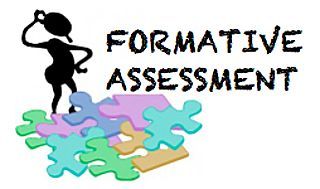Q1- Which of the following gives a Mid Diastolic Murmur?
A- Mitral stenosis
B- Aortic stenosis
C- Ventricular septal defect
D- Aortic regurgitation
Q2- A murmur that is heard all over the precordium, but without a thrill would fall into which grade?
A- Grade III
B- Grade II
C- Grade IV
D- Grade I
Q3- Ventricular Septal Defects typically present with a/an:
A- Pansystolic murmur
B- Ejection systolic murmur
C- Mid diastolic murmur
D- Early diastolic murmur
Q4- The first heart sound (S1) is caused by
A- Closure of the tricuspid and mitral valves
B- Opening of the tricuspid and mitral valves
C- Closure of the pulmonary and aortic valves
D- Opening of the pulmonary and aortic valves
Q5- A systolic murmur, heard most intensely over the second intercostal space to the left of the sternum, is most suggestive of
A- Aortic stenosis
B- Pulmonary stenosis
C- Aortic regurgitation
D- Mitral stenosis
Q7- What effect would severe mitral valve stenosis have on the S1 heart sound?
A. Widened splitting
B. Absence of splitting
C. Increased intensity
D. Decreased intensity

